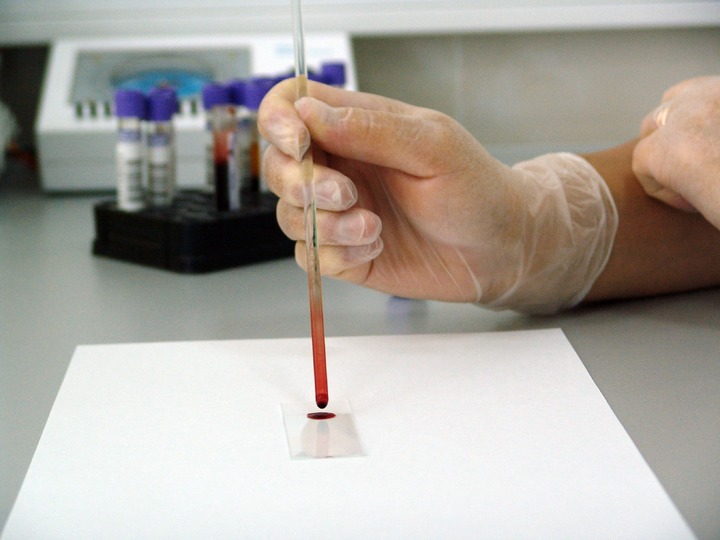Blood Test That Can Detect Alzheimer’s Disease Now Available for Clinical Use
PrecivityAD, the ground-breaking blood test that can identify the presence of amyloid, An Alzheimer's disease hallmark, is now available for use in clinical use. C2N Diagnostics, the company behind the development of the test, has announced recently.
The ability of this noninvasive, easily administered blood test is considered a milestone in the early detection and diagnosis of the said disease.
In a press release, C2N Diagnostics CEO Joel Braunstein said the blood test "introduces a new option for patients, families and the medical community" that have enthusiastically been waiting for innovative tools to address the troubling problems of Alzheimer's disease.
Meanwhile, according to Alzheimer's Drug Discovery Foundation or ADDF founding executive Director and chief Science officer Howard Fillit, MD, this new blood test approach "is really an important advance." Incidentally, ADDF partly funded the test's development, a separate release said.
Now, Fillit said, one can walk into his doctor's clinic to get his blood tested and help identify AD. The test answers, he continued, is a critical need for a more affordable "and accessible diagnostic testing in memory and dementia care."
ALSO READ: Is Hearing Loss Responsible for Millions of Dementia Cases Worldwide? Here's What Scientists Say

A ground-breaking blood test that can identify the presence of amyloid, An Alzheimer’s disease hallmark, is now available for use in clinical use.
An Expert's Caution About the Blood Test
Although the PrecivityAD may seem promising, Alzheimer's Association chief science officer Maria Carillo, PhD, underscored the need for caution.
She said the test is "very new," experts have only limited information about it. It is available only by prescription from a healthcare provider for patients who have cognitive damage.
Without the Food and Drug Administration review, Carillo continued, healthcare provider lack guidance of the agency for how it is used when making decisions about the treatment or health of an individual.
The chief science officer also noted that the blood test has just been evaluated in a limited number of people. Only a few data about the underrepresented populations are available.
As a result, she noted, it remains unclear how precise or generalizable the results are for all people and populations. Another factor people should consider, Carillo added, is that this test is not covered by insurance, which includes Medicare and Medicaid.
DON'T MISS THIS: Researchers Reveal How a Keto Diet Could Help Reduce Alzheimer-Causing Fungi in the Gut
How the PrecivityAD Works
The PrecivityAD is devised for use in patients suffering from cognitive impairment. It requires a small amount of blood sample, about a teaspoon, from the forearm of a patient.
The physician sends the blood sample to the specialized laboratory of C2N Diagnostic, where it is examined through the use of mass spectrometry to gauge concentrations of amyloid-beta 42 and 40 and to identify the presence of "apolipoprotein E isoforms."
The lab report, which is then sent to the physician, describes the biomarker levels in detail and provides a general combined score called the "Amyloid Probability Score," to evaluate the possibility of low, intermediate, or high amyloid plaque levels in the brain.
In its report, the company said, the basis of data from over 680 patients aged more than 60 years old, who had subjective cognitive impairment or dementia, the test identified brain amyloid plaque test status correctly, as identified by quantitative amyloid positron-emission tomography or PET scans, in about 86 percent of the patients. To date, PrecivityAD is available in 45 states, as well as in Puerto Rico and the District of Columbia.
IN CASE YOU MISSED IT: 6 Reasons Why You're Gaining Weight Unintentionally
Check out more news and information on Alzheimer's Disease on MD News Daily.
© MD News Daily.
